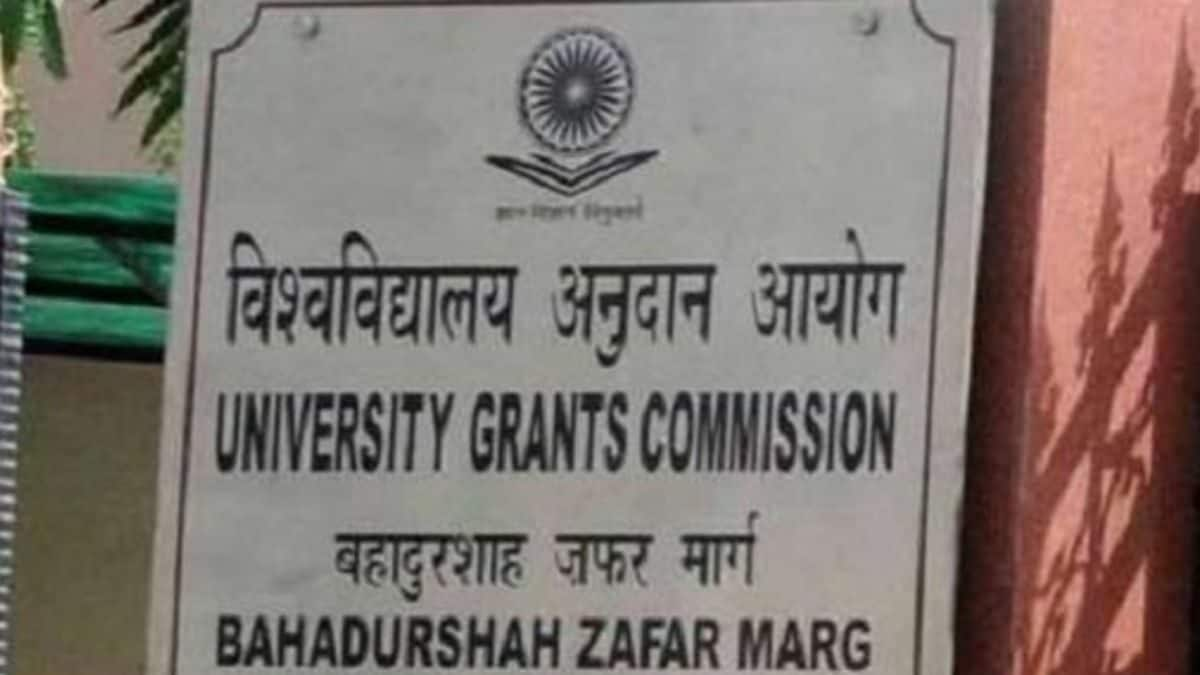Student Ambassadors to Raise Awareness on NEP, Steer Implementation Under UGC’s New ‘Saarthi’ Initiative

The UGC will select 300 NEP-Saarthis from the nominations received. (Image: News18/File)
As part of the initiative, higher education institutions will nominate three students to be considered as ‘NEP-Saarthis’, and names of selected nominees will be announced in July
The University Grants Commission on Thursday launched ‘NEP Saarthi’ – a new scheme to involve students in the implementation of the National Education Policy 2020 and driving reforms through it in higher education, officials said.
Saarthi, which stands for Student Ambassador for Academic Reforms in Transforming Higher Education in India, is aimed at enhancing student participation and making them aware of different reforms being introduced in the higher education system. Chairperson Prof M Jagadesh Kumar said as part of the initiative, he has requested vice-chancellors, directors and principals of higher education institutions to nominate three students from their college/university to be considered ‘NEP-Saarthis’.
“The nominated students could be enrolled in any course. They are expected to possess excellent communication skills, organisational capabilities for conducting outreach programmes, creativity, sense of responsibility along with being a team leader,” said Kumar.
The higher education regulator will select 300 NEP-Saarthis from the nominations received. Besides raising awareness and promoting different initiatives under the new policy, these students will also help establish a feedback mechanism for the UGC to understand the impact of NEP initiatives on students and address their concerns.
While the UGC has asked for nominations, institutions can send their replies by June and names of selected nominees will be announced in July. Saarthis will get a ‘certificate of recognition’ by the UGC. In their role as Saarthis, these students are required to steer campaigns to promote NEP initiatives, including on social media, collect feedback, and provide guidance to students as well as stakeholders.
The NEP 2020 was launched on July 29, 2020, with an aim to transform the country’s education system, introducing reforms at all levels, starting from pre-school, primary, secondary and higher education. The new policy replaced the one in place since 1986.

Atul Tiwari is a seasoned journalist at Mumbai Times, specializing in city news, culture, and human-interest stories. With a knack for uncovering compelling narratives, Atul brings Mumbai’s vibrant spirit to life through his writing.






